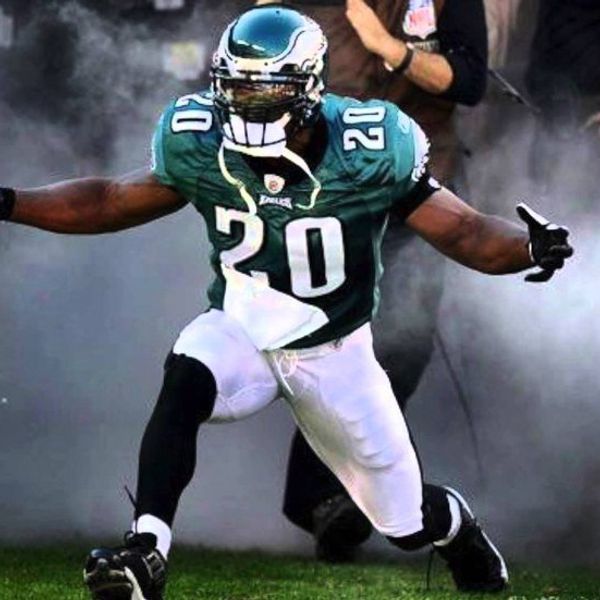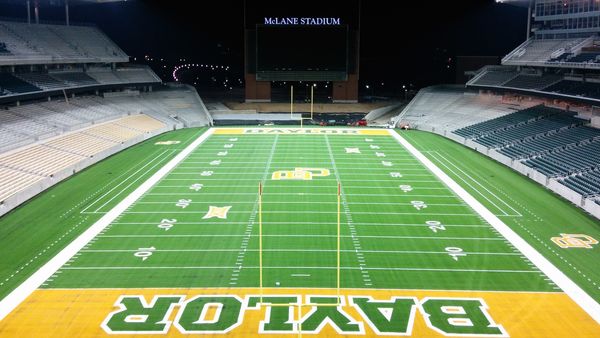Let me introduce myself. My name is Jared Lewis and I am a 6'2'' African-American. Whenever I am in public, the first thing people notice is my height. They say "Wow! You're tall!" or "Are you taller than your parents?" These questions do not offend me, because I like being tall, and I take these statements as compliments. What offends me is the one question that I get asked all the time: "Do you play basketball?" When people ask me this question, my face cringes a little, but enough that they do not even notice. I feel offended because of the primary stereotype that just because I am tall and an athletic African-American that I play basketball. What I simply tell them is that I fence, and I would explain to them what I do on the fencing strip. Fencing is a sport that requires swords, such as foils, eppes, and sabres in order to score points. Fencing is also notable for being an Olympic sport.
My journey in fencing originated in the summer of 2013 at the Winter Garden Fencing Academy, right before my highschool freshmen year. I did some research and the college I wanted to go to was the Massachusetts Institute of Technology where I was going to major in mathematics and minor in mechanical engineering. I wanted to go to MIT, because Boston, Massachusetts is the top city for education in the United States. They teach students how to think critically in contrast to the plethora of standardized tests in Florida. Based on my research, only three percent of African-American students get accepted to this school. In order to stand a chance I had be stand out, to be out of the ordinary.
Despite being ranked in the top ten of my class, I knew that I had to be extraordinary because of the preconceived notions that would follow just because of my race. No one expects an African-American to take up fencing as one of his special skills. That was when I dedicated myself to learn the sport, that is where I would have an advantage over other applicants. I felt that I needed this type of advantage because I do not want people to believe in the stereotypes projected on blacks. I wanted to be somebody that can achieve greatness not only in academics, but in sports and in life. As the years progressed, I realized that fencing was fun and has become my niche.
When I started to compete, I was worried. I did not know what to do with myself, because there were numerous amounts of fencers that were better than me. My first competition was in Tampa Bay Florida, at the University of South Florida. When I walked in, I noticed that I was literally the only African-American who stepped foot onto the strip. I won two bouts, or matches, and was eliminated in the first round, but I was proud of myself. The tournament was fun and exhilarating, and I wanted more of the adrenaline rush. I attended practice every chance that I had and I wanted to prove hundreds and thousands of people wrong, to prove that an African-American can compete with other white people in fencing. Whenever I practice at the fencing academy or at home, I imagine myself winning each and every tournament that I step into and with the confidence running through me, I can finally say "I told you so!" to the other fencers who did not believe in me.
Going into my third year of competitive fencing, I have shared my story with other people, and as I continue to compete in fencing tournaments, I continue to move the crowds. I am known as the one tall person in the room who is getting better each year, and will emerge as an elite fencer once I receive my first rating and can compete for a national team. I am proud of my work and I plan to continue my fencing journey through and after college to stay in shape and to get better. I am also proud of being an African-American who has the potential to break the barrier of becoming a professional fencer and tell the world that I, Jared Lewis, accomplished this amazing feat.





















